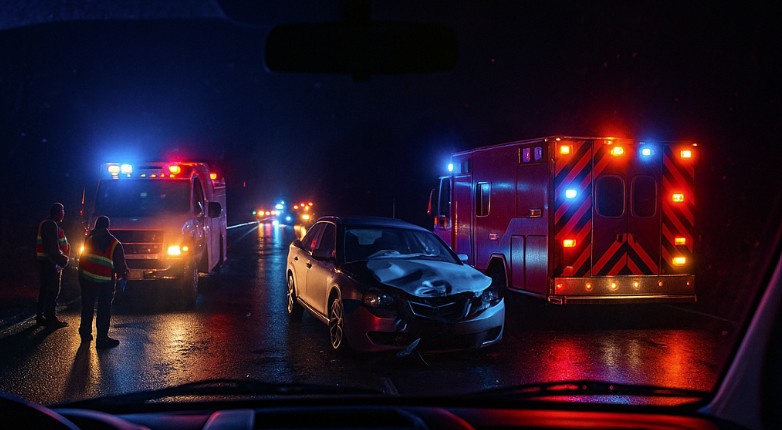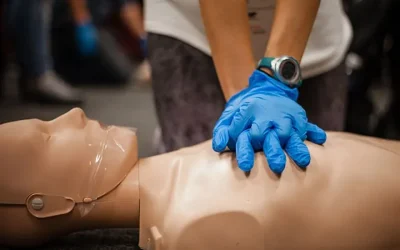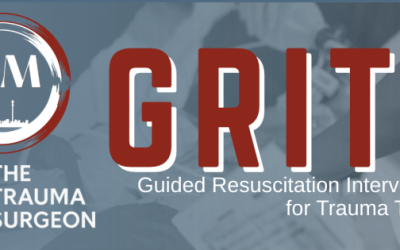Author: Kaleb Lachenicht, Director Epic EM and Chief Clinical Officer of ROCKET

A new multicenter study (Maiga et al., 2025) has thrown a spotlight on what many of us in retrieval medicine already know from experience: Hypoxia, hypotension, and hypocarbia kill the brain-injured patient!
In a cohort of nearly 15,000 patients with traumatic brain injury (TBI), even a single episode of:
💨 Hypoxia (SpO₂ < 90%)
💉 Hypotension (SBP < 90 mmHg)
🌬️ Hypocarbia (ETCO₂ < 35 mmHg after intubation)
…was independently associated with significantly increased risk of emergency department death, in-hospital mortality, and poor neurologic outcome.
The scariest stats we have:
– Hypoxia doubled ED death risk (ARR 2.24
– Hypotension doubled ED death risk (ARR 2.05)
– Hypocarbia increased ED death risk almost 8-fold (ARR 7.99)
In the retrieval space, where prolonged prehospital times, complex extrications, and long flights are common, these findings are not just academic.
They’re a call to action.
✅ Are we oxygenating and ventilating well enough post-RSI? Are we really focusing on getting these right?
✅ Are we monitoring ETCO₂ on every TBI intubation? And taking into account the challenges with this monitoring modility in the face of hypo perfusion?
✅ Are we proactively preventing hypotension before the first sign of shock?
Everything that is bad on the ground is worse in the sky…
This study reinforces that excellence in prehospital neuroprotective care must be deliberate, rehearsed, and embedded in every protocol. We’re not just moving patients, we are having a direct effect on their long outcomes.
📖 Maiga AW, Lin H-HS, Wisniewski SR, et al. (2025). Adverse Prehospital Events and Outcomes After Traumatic Brain Injury. JAMA Network Open, 8(1):e2457506. https://doi.org/10.1001/jamanetworkopen.2024.57506




